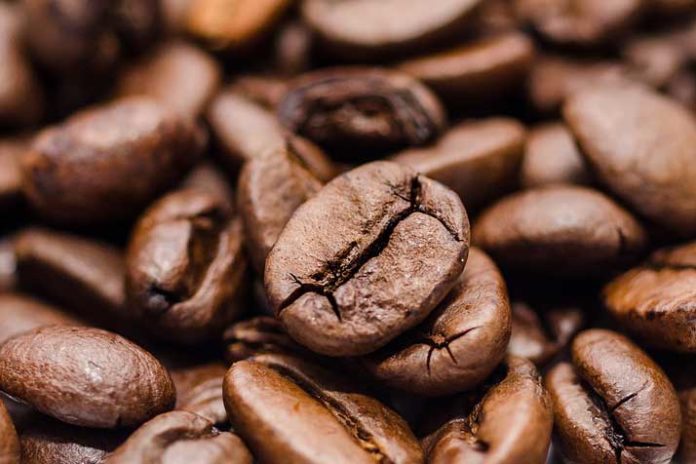A good cup of coffee in the morning can set the mood for your whole day. Whether you like it with milk and sugar, lots of foam, on ice or extra caffeinated, one thing is for sure—we all love our coffee.
Until now, various studies have suggested different benefits of drinking coffee. A new study by the Rutgers scientists offered a new benefit of drinking coffee. The study suggests that not only does coffee battle Parkinson’s but also another incurable brain disease called Lewy body dementia.
Scientists focused on a fatty acid derivative of the neurotransmitter serotonin, called EHT (Eicosanoyl-5-hydroxytryptamine), found in the bean’s waxy coating. They found that EHT protects the brains against abnormal protein accumulation associated with Parkinson’s disease and Lewy body dementia.
Lead author M. Maral Mouradian said, “Prior research has shown that drinking coffee may reduce the risk of developing Parkinson’s disease. While caffeine has traditionally been credited as coffee’s special protective agent, coffee beans contain more than a thousand other compounds that are less well known.”
During the study, scientists asked whether EHT and caffeine could work together for even greater brain protection. For testing, they gave mice small doses of caffeine or EHT separately as well as together. Each compound alone was not effective, but when given together they boosted the activity of a catalyst that helps prevent the accumulation of harmful proteins in the brain.
It means the combination of EHT and caffeine may be able to slow or stop the progression of these diseases. Current treatments address only the symptoms of Parkinson’s disease but do not protect against brain degeneration.
Mouradian said, “EHT is a compound found in various types of coffee but the amount varies. It is important that the appropriate amount and ratio be determined so people don’t over-caffeinate themselves, as that can have negative health consequences.”
The discovery is recently published in the Proceedings of the National Academy of Sciences.
